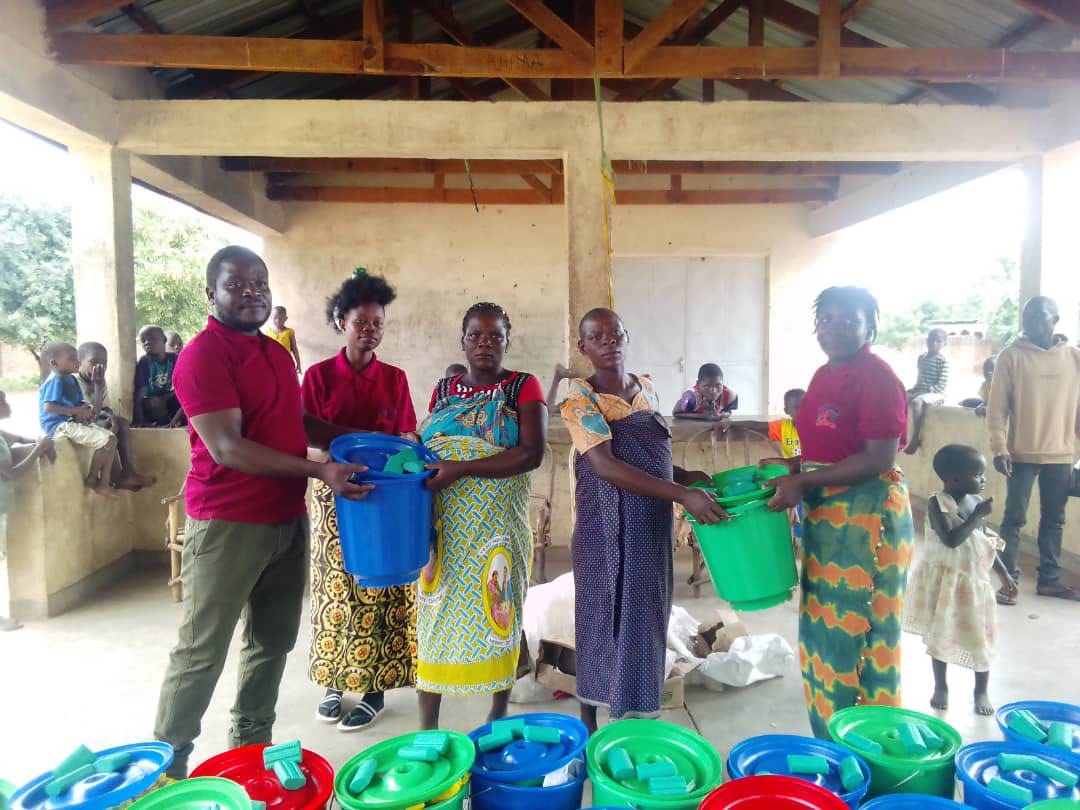NGOs urged to support Malawi cyclone victims
Community Forum Organization Urges NGOs to Provide Support to Victims of Tropical Cyclone Freddy in Malawi, writes Comfort Bulangete.
Malawi-The Community Forum Organization (COFO) is urging various NGOs in Malawi to reach out to more victims of Tropical Cyclone Freddy with food and non-food support to help ease their lives in the camps, writes Comfort Bulangete.
Germany Mlenga, Programmes Coordinator for COFO, believes this move can help victims accept their situation and move on with their lives.
"It will ensure food security at the camp so that they can live comfortably as they have something to eat at the camp. We know they lack so many things; they are facing a lot of challenges, but the little we can give them will assist them a lot," said Mlenga.
COFO donated relief items to victims of Tropical Cyclone Freddy at Nantchengwa Camp in the area of Traditional Authority Maseya in Chikwawa.
Sodzalina Break, one of the beneficiaries at the camp, said other organizations should emulate what COFO has done, citing that they need more support. She was quick to say that the relief items would help them assist and feed their families.
Chimwemwe Browns, Chairperson for Nantchengwa Camp, stated that the camp is currently housing almost 1289 people who were affected by the cyclone from five villages, including 753 females and 536 males.
The camp has 311 households, 20 pregnant mothers, 13 people living with disabilities, five child-headed families, and 12 elderly people.
Browns added that the relief items that they received will address the issues of hunger and also reduce the further spread of cholera and COVID-19 by promoting hygiene.
"I urge other organizations to emulate the good example set by the Community Forum Organization, citing that since the establishment of the camp, COFO is the second organization to visit them before the Department of Disaster and Risk Management visited the camp to distribute maize early March this year," adds Browns.
The relief items that COFO donated include maize flour, soya pieces, soap, plastic plates, plastic cups, and buckets.



